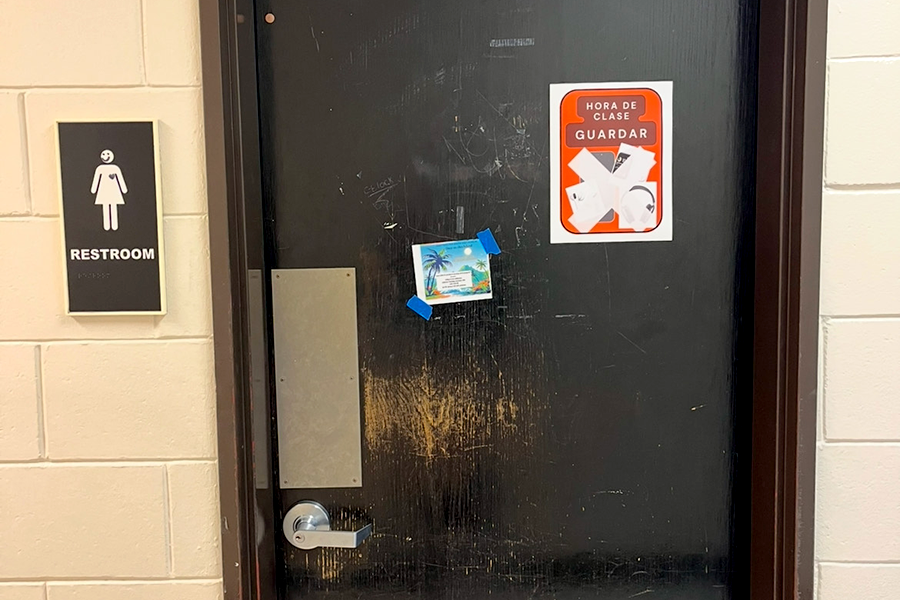In recent years, fifty-four foreign-language majors at colleges and universities across the United States have been threatened or eliminated. From New York to Nevada, world language programs have been cut, despite an increasingly globalized society.
Melissa Davis, a French teacher here at South, said that she feels terrible about reducing the number of foreign language programs in some colleges. “I think it’s a bad decision on their part,” she stated, “we need students learning world languages and becoming proficient because society is more global than ever.”
In spite of a 2009 study by the The Modern Language Association of America (MLA), which shows that the number of students in non-English language classes in college is larger than ever, at approximately 1.7 million, up about 20% from 2002, when just under 1.4 million students were enrolled nationwide, many colleges are in dire financial situations, and need to cut back somewhere. In some cases, foreign language programs have been feeling the brunt of those cutbacks.
In some cases, like that of Winona State University in Winona, Minnesota, European languages are being affected more than other languages. Winona State University is is currently not offering majors in French and German. Chinese, on the other hand, seems to be headed in a very different direction.
Enrollment in college Chinese classes have increased dramatically since 2002, according to a study by The Modern Language Association of America. The study reported that as of 2009, enrollments in Chinese classes in institutions of higher education have increased by about 27,000 students in just seven years.
Enrollments in French and German courses, on the other hand, have only increased by approximately 14,000 and 2,000 enrollments, respectively, from 2002 to 2009. China’s increasingly large economic importance may be responsible for this growth, as students realize the large potential in learning and becoming proficient in Chinese.
“It’s a college’s choice, and I see the logic, but it takes away a lot of options,” said French student Teodoro Crespo-Carrion, junior, of recent cuts to foreign language programs at colleges and universities throughout the country. Crespo-Carrion, like other South students, takes foreign-language classes at the University of Minnesota, and appreciates that opportunity, but understands where colleges are coming from. “Lots of colleges offer foreign language just as a requirement,” he stated. “Not so many people pick foreign language as a major, so it makes sense to cut those programs.”
Kate Bussert, junior, who takes German via Post Secondary Education Options (PSEO), said that her choice in what college she chooses to attend will be affected by the college’s language program. “Personally my college decision depends on if they offer German or not,” she affirmed.
Bussert praised the opportunity to take foreign languages through PSEO, and added that she has “learned a ton in PSEO classes. PSEO classes are a good choice for foreign language.” Crespo-Carrion concurred, saying “people want to excel in a language because they enjoy it,” and that colleges shouldn’t “take away any options they [foreign language students, both in college and high school] have left.”
Crespo-Carrion also added that for him, the foreign language programs at a college wouldn’t make or break his decision, but mentioned that “certain programs make a college what it is.”
Davis said that their is “a long list of benefits” of taking foreign language classes in high school and college, from a deeper understanding of English to higher SAT scores, world languages provide many advantages to students.
Davis also mentioned that, regardless of fewer colleges and universities with foreign language majors, she doesn’t think that it will affect high school students’ motivation to learn a language. “I don’t think that it’s going to decrease motivation,” she said, “kids at South really value world language for what it is.”






